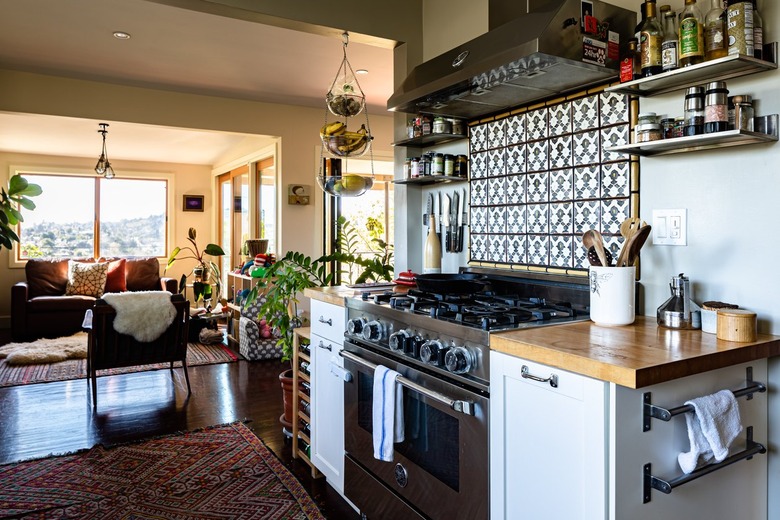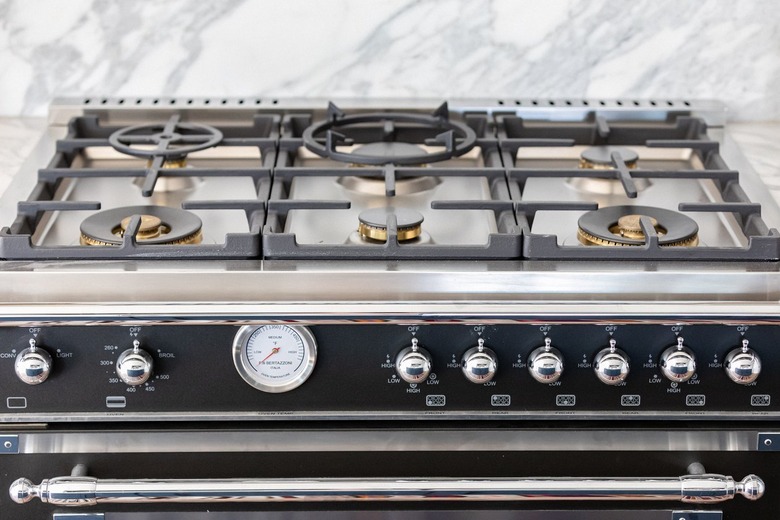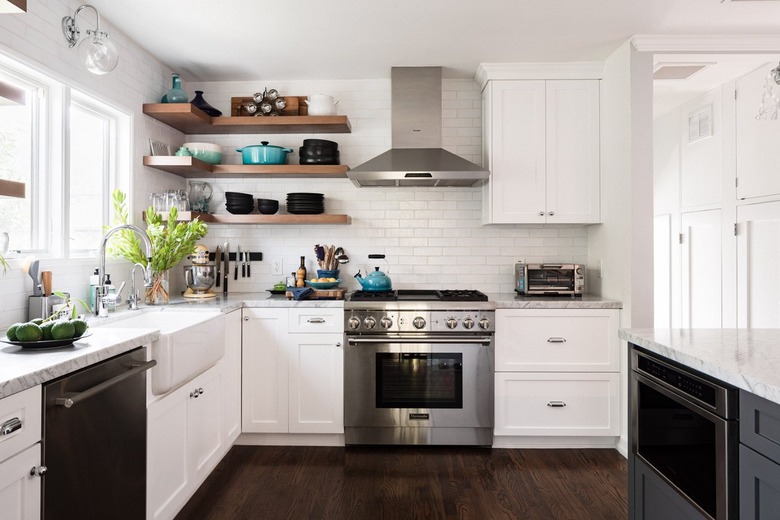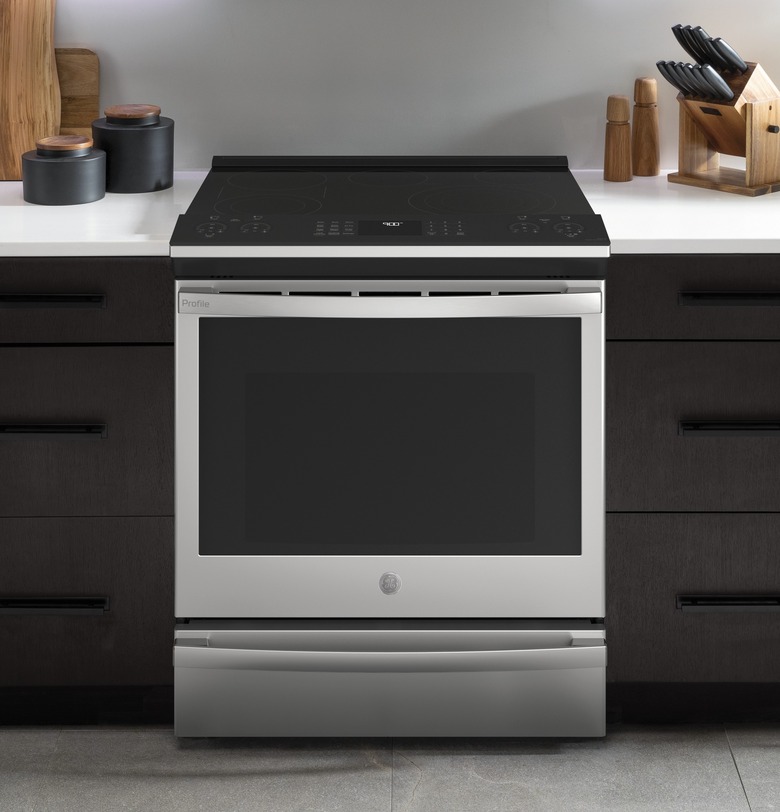Gas Vs. Electric Stove: How To Choose The Best One For You
We may receive a commission on purchases made from links.
In the market for a newer model when it comes to your kitchen range? Before you go with a standard slide-in option or a wall oven, consider exploring gas versus electric stoves. While some homeowners tend to prefer whatever looks the sleekest, depending on your cooking style, your locale, and your budget, you may need to be a bit more discerning.
That's where we come in. This guide will walk you through each aspect of gas ranges and electric models. You'll be able to find the perfect type of stove in no time.
Gas Stove Pros and Cons
Gas Stove Pros and Cons
If you want more control and faster cooking, a gas stove will get the job done. And if you have access to a natural gas line, this kind of burner will have lower operating costs over time. As an added bonus, many professional and at-home chefs prefer this kind of range, but it can be testy. Here are the pros and cons to consider.
Pros:
- You can save on energy costs with a gas stove, as fuel is less expensive than electricity in most states.
- It's easier to have precise control over heat intensity with a gas stove.
- Gas stoves work well with many types of cookware from cast iron to stainless steel t0 ceramic.
- Gas burners can be easy to keep clean.
- Functions like grilling, searing, and simmering are more controllable on gas stoves.
Cons:
- Gas stoves have pilot lights that can go out without warning.
- The surface of the range can become greasy because of the open flame.
- Gas ovens can be tricky to turn on (although there are gas stoves that come with electric ovens).
- Ventilation problems may arise with gas stoves.
Electric Stove Pros and Cons
Electric Stove Pros and Cons
Although typically more energy-efficient, electric ranges can wind up causing higher electricity bills in the long run. However, modern ceramic or glass tops tend to have lots of high-tech features. Plus, they cook well and will work in any home without the need for a gas line. Here are some additional pros and cons.
Pros:
- Your kitchen will stay cooler with an electric stove.
- A flat-top electric stove is easy to keep clean.
- The smooth surface will keep pots more stable.
- Electric stoves are easier and less expensive to install.
- They are usually easier to turn on and off.
- Because there's no open flame, electric stoves can be safer in a home with kids.
Cons:
- These ranges may cook food more slowly.
- If you lose power, the stove won't function.
- Electric stoves use more energy than gas.
- You can burn yourself easily as it's occasionally hard to tell when an electric stove is on.
Overall Cost: Gas Stoves vs. Electric Stoves
Overall Cost: Gas Stoves vs. Electric Stoves
While the final choice may come down to where you live and whether a gas line is available, it's important to consider the price of both options. Electric stoves tend to be slightly more expensive up front, and using electricity can be pricier than cooking with gas. According to HomeAdvisor, a typical energy-powered option can range from $360 to $1,800, while the gas counterpart can be $400 to $2,100. Of course, high-end models for each can reach upwards of $8,000 and beyond. So, you may want to investigate how much power you'll need if you go with an electric stove. In most states, it can be around 10% to 30% more to operate a gas range on an ongoing basis.
What Do Chefs Prefer?
What Do Chefs Prefer?
Ask almost any chef, and many will say they prefer gas stoves. Oftentimes that's because they were taught to cook with gas in school or at home, and the burners create instant heat with no wait time. Moreover, because you can use just about any type of pot over gas flames, these stoves are seen in restaurant kitchens more frequently. When it comes to maintenance, gas cooktops are easier to clean because they don't require special solutions.
Which is Better for Home Cooking?
Which is Better for Home Cooking?
In busy households with kids, electric stoves tend to be safer because there are no open flames to worry about. And new models have better heating elements and smoother cooktops, making these ranges more versatile than ever. However, it really comes down to your own personal preference. Take your budget into consideration as well.





